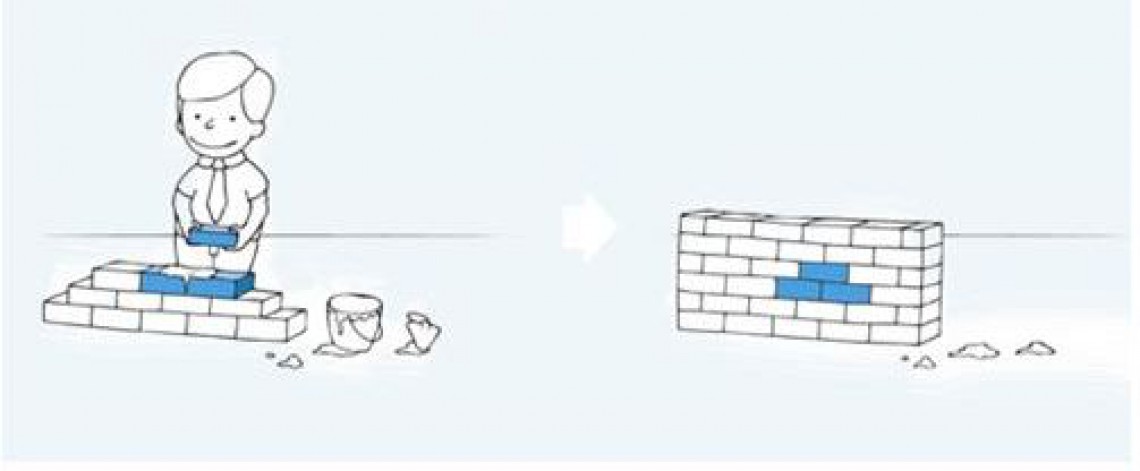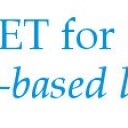
ECVET European Credit Transfer and Accumulation System
Share of practices in ECVET implementation

ECVET European Credit Transfer and Accumulation System
The group is for people that are working on ECVET projects and want to exchange their experience, practices and methodologies. Here you can initiate discussions on the different aspects of ECVET implementation, e.g definition of qualifications and learning outcomes, how to develop units of learning outcomes, how to write learning outcomes, assessment of learning outcomes, allocation of ECVET points, ECVET partnerships, ECVET documents.
ECVET for work-based learning – ECWORK project
ecwork.eu/index.php
ECWORK project wants to develop a bottom-up approach for credit transfer of learning outcomes acquired through transnational work-based learning mobility, tackling the issue of having learning outcomes (i.e. knowledge, skills and competences) obtained by hundreds of thousands of European individuals within the apprenticeship and other forms of work-based learning, often not recognized in the formal VET system, neither nationally nor internationally. The project is being implemented in electro mechanics field, involving qualifications at EQF levels 4/5, across Southern European countries using ECVET methodology.
The general objective of the project is to facilitate validation, recognition and transfer of learning outcomes in electro mechanics sector, acquired through transnational work-based learning using ECVET methodology.
6 partners from 5 Member States (Croatia, Cyprus, Greece, Spain and Portugal), representing VET schools...ECVET for work-based learning – ECWORK project
ecwork.eu/index.php
ECWORK project wants to develop a bottom-up approach for credit transfer of learning outcomes acquired through transnational work-based learning mobility, tackling the issue of having learning outcomes (i.e. knowledge, skills and competences) obtained by hundreds of thousands of European individuals within the apprenticeship and other forms of work-based learning, often not recognized in the formal VET system, neither nationally nor internationally. The project is being implemented in electro mechanics field, involving qualifications at EQF levels 4/5, across Southern European countries using ECVET methodology.
The general objective of the project is to facilitate validation, recognition and transfer of learning outcomes in electro mechanics sector, acquired through transnational work-based learning using ECVET methodology.
6 partners from 5 Member States (Croatia, Cyprus, Greece, Spain and Portugal), representing VET schools and VET centres offering electro mechanics at different EQF levels and an organisation expert in ECVET form the partnership: ESS, FORAVE, IEK DELTA, Intercollege, FFE and IDEC.
Results of the project are:
1. Common Study –identification of national qualifications on electro mechanics at levels 4/5 of EQF.
2. Training of ten (10) VET trainers on ECVET methodology and application in work-based learning.
3. Mobility of ten (10) VET students in 5 EU countries, for work-placements.
4. Teacher’s guide, to support VET teachers organise work placements for students, following ECVET
5. Employers’ guide, to be used by employers that will host the VET students for work placements
6. Students toolkit, to support VET students to prepare, organise and get the most out of their work placement abroad.
7. Report on ECVET implementation – recommendations based on the results from the pilots, the policy recommendations and the recommendations for VET schools / employers.
Afficher plus

player.vimeo.com/video/164535982
This brand new video explains how to describe learning outcome units in the framework of ECVET. The video has been produced by the German National Agency / BIBB. Language: English.






Hi Natassa,
great idea to set up this group. ECVET is a really complex topic, on which expertise is urgently needed.
- The group is for people that are working on ECVET projects and want to exchange their experience, practices and methodologies. Here you can initiate discussions on the different aspects of ECVET implementation, e.g definition of qualifications and learning outcomes, how to develop units of learning outcomes, how to write learning outcomes, assessment of learning outcomes, allocation of ECVET points, ECVET partnerships, ECVET documents.
-
Catégorie
Informal learning and its validation -
Créé
vendredi 16 octobre 2015 -
Administrateurs du groupe
Natassa











www.ecwork.eu/index.php
ECWORK
From March 5, 2018 to March 16, 2018, in the second half of the implementation of KA2 Erasmus + project ECWORK - ECVET for work-based…